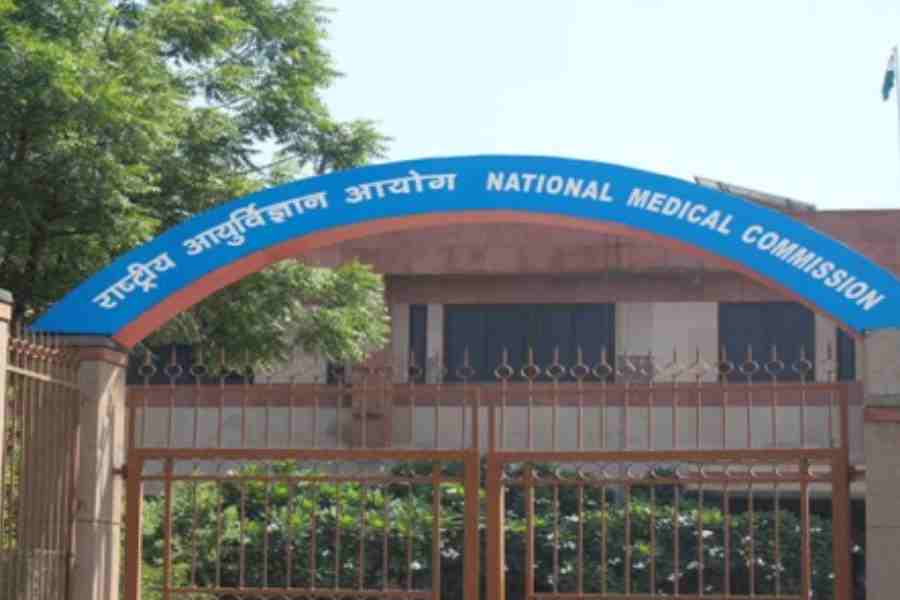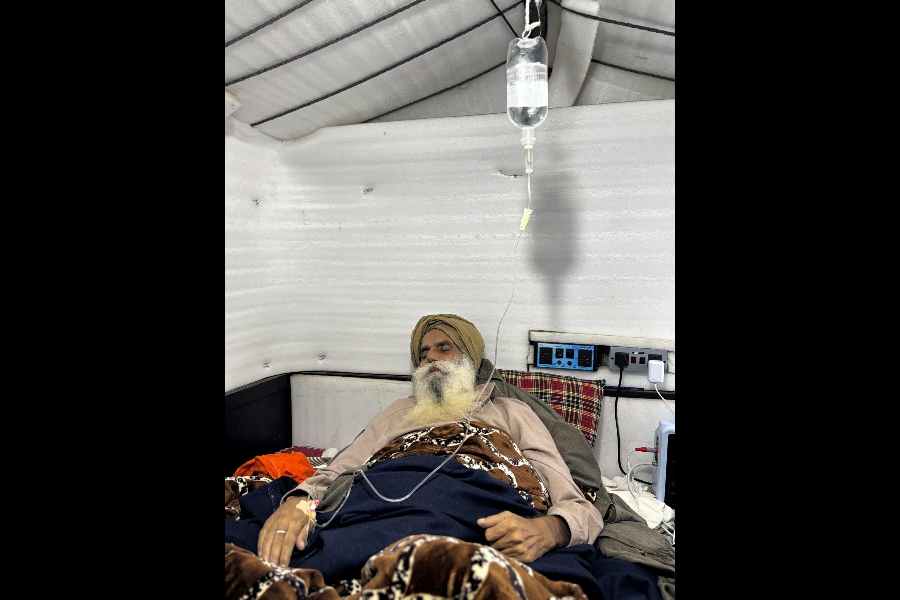A Rajya Sabha MP on Thursday asked the government why it was not enforcing a minimum wage in the country to minimise labour exploitation at a time the prices of petrol and essentials kept rising.
Rashtriya Janata Dal member Manoj Jha said an expert committee headed by labour economist Anoop Satpathy had in 2018 suggested a national minimum wage of Rs 375 a day at 2018 prices, after studying the disparity in minimum wages across the states. But the Centre did not act on the report.
“There has been a huge delay in implementing the national minimum wage. A new committee has now been set up. The prices of petrol and other essential items are rising. The national minimum wage should be enforced at the earliest,” Jha said during Zero Hour.
Two labour ministry officials said the Centre had jettisoned the Satpathy panel recommendations.
The committee had worked out an evidence-based formula of a balanced diet intake of 2,400 calories, 50 grams of protein and 30 grams of fat per day per person. It had added some expenditure towards clothing, education and housing and multiplied the cost by 3.6 to include the spouse, two children and elderly parents.
Currently, the minimum wages notified by most of the states are around Rs 200 a day. Every year, the Centre too notifies a National Minimum Floor Level Wage that is not binding on the states. The last floor-level wage, notified in July 2017, was Rs 176. It has been due for revision since July 2019.
Last September, the labour ministry formed another expert committee to recommend a minimum wage. The committee, headed by S.P. Mukherjee, professor emeritus with Calcutta University, is yet to submit its report.
Under the Code on Wages, passed by Parliament in August 2019, the Centre can notify a national floor wage on the basis of its assessment of the minimum living standards. No state can prescribe a minimum wage below this floor wage. But the rules are yet to be framed and the floor wage is yet to be notified.
In an unrelated reply in the Lok Sabha, junior labour minister Rameswar Teli on Monday said that labour was on the concurrent list of the Constitution and, therefore, the states too had to frame rules for the new labour codes.










